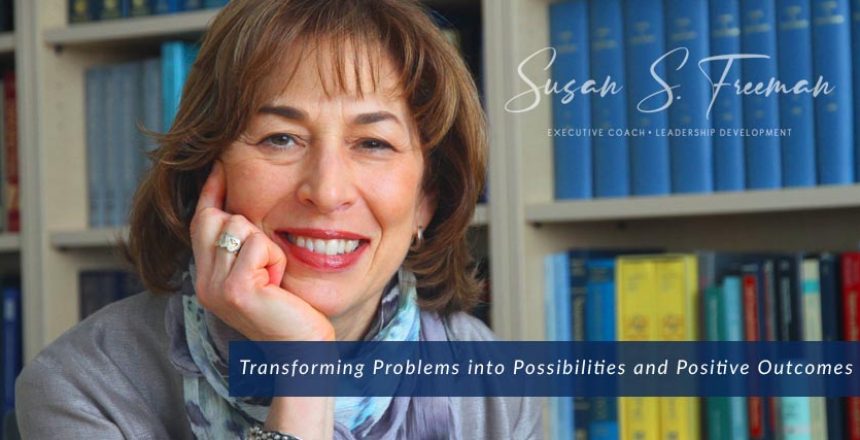
Have you ever felt that you were misunderstood? That your intentions towards others were not having the desired effect? Have you wondered why, after so much effort, your partner may not “feel” the love you believe you are offering?
If any of these questions resonate, you may have read the Five Love Languages, by Gary Chapman. If not, I highly recommend it. The book offers a simple framework for determining and appreciating that if we are speaking a different “love language,” our partner may not feel the love we believe we are offering.
How does this apply to the business world?
I serve clients who are often Founders and CEO’s of high-growth entrepreneurial organizations. I have observed that at critical decision moments in an organizational life cycle, these same individuals can lose touch with what matters most to them. The “reason why” they are attempting to do the next thing can be elusive when you are stuck in the whirlwind of running a business.
Consider a few recent client conversations. One client stated that she felt misunderstood by others whose opinion she trusts. In listening to her concerns, I asked “why are you in business for yourself?” The client expressed a set of values that guide and inform everything about her business, including the business model, organizational structure, etc.
Her business was the natural outgrowth of a very personal set of value; values that are not necessarily shared by others, even those she trusts. I invited her to consider having a conversation with these important, trusted advisors, and structure it around “What are your values for your business? This opens up the possibility to create a different conversation; one where the similarities and differences in values are a jumping off point for business decision-making.
 Business “love language”
Business “love language”
My client expressed relief—relief in knowing that she was on track, and that her business “love language” was focused on what mattered most—to her. What caused difficulty was assuming that others were evaluating her business decisions with the same set of values that she had.
Another client wasn’t sure about the next step in growing her business; many possibilities were on the table, and it was difficult to know the best next course. I asked her to articulate her values at this point in her career and let those guide her decision-making. Her business “love language” hadn’t been spoken in a long time and was feeling unfamiliar.
After some time for reflection, her clarity was remarkable; she was able to eliminate a number of confusing options and made a decision to move forward on the one that was aligned with what she needed now and what was in the best interests of the company moving forward.
 Getting clear on your business “love language” involves knowing our values, what we care about, why we are in business in the first place.
Getting clear on your business “love language” involves knowing our values, what we care about, why we are in business in the first place.
Sometimes that changes; sometimes it’s not shared. We may not always speak the same language entirely, yet being clear about our own values and sharing with others is a fine place to start.

